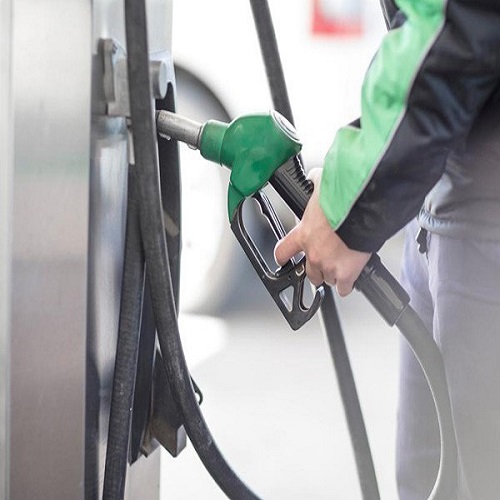Fuel inflation in the country is expected to ease further in the coming months because of weak demand in the US and China, according to a report by the Bank of Baroda.
The report highlighted that Brent crude prices have fallen by 0.8 per cent so far in December 2024. If this downward trend continues, it may help reduce pressure on fuel inflation in the near term.
It said “‘higher for longer’ rate scenario in the US and weak consumption data from China, is keeping a lid on hopes of revival in demand. If this trend continues, it may help ease pressure on fuel inflation in the coming months”.
The report also added that fuel and power inflation remained steady at (-) 5.8 per cent in November 2024, unchanged from October 2024. A closer look at the components shows mixed trends across subcategories.
Within the mineral oils category, most sub-components recorded an increase in prices, barring LPG, lube oils, and petroleum coke. Items that saw the highest price increases include furnace oil, bitumen, naphtha, kerosene, and aviation turbine fuel (ATF).
This trend reflects movements in international oil markets. On a year-on-year (YoY) basis, Brent crude prices fell by (-) 10.5 per cent in November 2024, compared to a sharper decline of (-) 15 per cent in October.
Separately, the report also shared that the slower pace of decline in international oil prices has had an impact on domestic fuel inflation. Mineral oil inflation index fell at a slower pace, leading to build-up in price pressure for ATF, Kerosene, and furnace oil. Manufactured goods inflation was higher primarily due to jump seen in basic metals (mainly aluminium and Zinc).
The decline in global crude oil prices, particularly Brent, combined with subdued demand expectations, could provide relief to fuel inflation domestically.
However, trends in sub-categories like mineral oils and electricity will continue to influence overall fuel inflation in the months ahead.
(With input from ANI)












